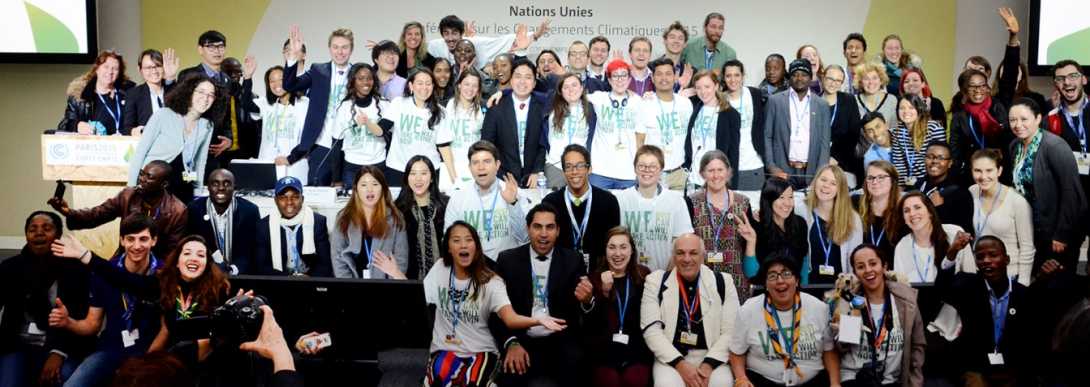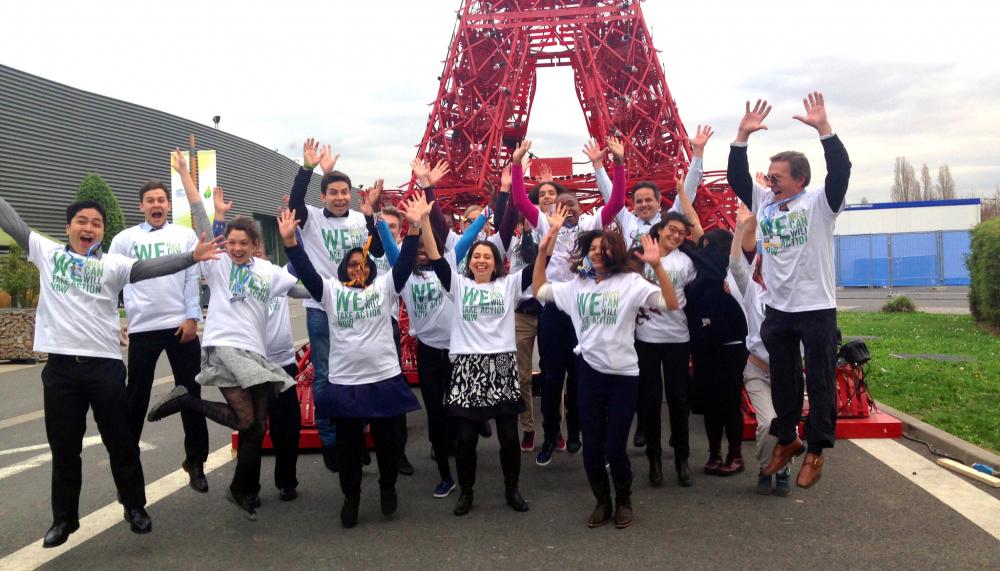This report was prepared for the G20 Development Working Group to inform the creation of a public-private G20 Dialogue Platform on Inclusive Green Investment to scale up commercially viable financial investments. This is a stocktaking exercise on existing innovative mechanisms to mobilize private capital for inclusive green growth investments in developing countries, and how to scale them up, including initiatives to engage institutional investors in these investments to identify best practices.
This report looks at whether and how public funds, utilizing pay-for-performance mechanisms, may be used to incentivize reductions of methane emissions. This report documents the discussions of the Methane finance study group.
As a development institution focused on reducing poverty and boosting shared prosperity, the World Bank is working in many countries that suffer from a lack of basic services such as waste management, transportation, and access to modern energy. Addressing these development challenges often has an impact on the emission of short-lived climate pollutants (SLCPs) among them methane and tropospheric ozone, black carbon (BC), and hydrofluorocarbons (HFCs).
Stabilizing climate change entails reducing net emissions of carbon dioxide (CO2) to zero. This report outlines three principles to guide countries in their efforts to create a zero-carbon future: (a) planning ahead with an eye on the end goal; (b) going beyond carbon pricing with a policy package that triggers changes in investment patterns, technology, and behaviors; and (c) protecting poor people and avoiding concentrated losses. Although countries at different levels of income and with different endowments will adopt different strategies, all have a role to play.
This report describes efforts by the ClimateWorks Foundation and the World Bank to quantify the multiple economic, social, and environmental benefits associated with policies and projects to reduce emissions in select sectors and regions.
The Federal Government of Nigeria (FGN) has formulated an ambitious strategy, known as Vision 20: 2020, which aims to make Nigeria the worlds 20th largest economy by 2020. This book argues that there are many ways that Nigeria can achieve the Vision 20: 2020 development objectives for 2020 and beyond, but with up to 32 percent lower carbon emissions. A lower carbon path offers not only the global benefits of reducing contributions to climate change, but also net economic benefits to Nigeria, estimated at about 2 percent of gross domestic product (GDP).
Natural disasters and climate change are among the greatest threats to development. Although natural disasters have always presented risks, climate change increases those risks and compounds them by adding a greater level of uncertainty. As a result of their increased frequency, the economic and social costs of disasters are mounting (World Bank 2010). Natural disasters and climate change can push people into chronic and transient poverty and force them to adopt negative coping strategies.
The Black Carbon Finance Study Group report finds that existing funds are already in a position to finance businesses, activities, technologies, and policies that will contribute to cutting black carbon emissions, and that several black carbon-rich sectors are sufficiently mature to absorb finance. The report also outlines key strategies and steps needed to scale up black carbon finance over time.

The United Nations today announced a campaign to encourage young people to step up their actions to address climate change and ensure a sustainable and happier future for all.
The campaign is launched in partnership with the Angry Birds – the globally renowned mobile game characters – to make a direct link between tackling climate change and people’s happiness and well-being on the occasion of the International Day of Happiness.
[video:https://youtu.be/c6p7jxpzwhs]
“The Angry Birds have entertained millions of people around the world – and now they are part of making the world a better place,” said Secretary-General Ban Ki-moon, who appointed Red of the Angry Birds as an Honorary Ambassador for Green at a launch event at UN Headquarters in New York.
“We are proud to give Red a reason to go Green. There is no better way to mark the International Day of Happiness than to have our animated ambassador raise awareness about the importance of addressing climate change to create a safer, more sustainable and happier future for all,” Mr. Ban said.
The campaign, in partnership with Sony Pictures Entertainment, the UN Development Programme and UN Foundation, asks the general public across the world to make the Angry Birds happy by taking actions on climate change and sharing their photos and commitments on social media platforms using the common hashtag #AngryBirdsHappyPlanet. By recycling, taking public transportation and conserving water, for example, individuals can share tips on how they can live sustainably and happily in their everyday lives.
As part of his ambassadorial duties, Red will go on a “virtual world tour” starting on 21 March, highlighting various ways to take climate action. His tour will take him to Paris, where countries adopted an historic agreement to address climate change in December, and will end in New York, where world leaders will sign the Paris Agreement at UN Headquarters on 22 April.
During the launch event, the voice actors from the upcoming Angry Bird movie, Jason Sudeikis, Josh Gad, and Maya Rudolph, and producers John Cohen and Catherine Winder gave hundreds of students gathered in the iconic UN General Assembly Hall a sneak preview of the #AngryBirdsHappyPlanet campaign materials, including public service announcements created to support the campaign. They also asked the young audience for their support to the campaign by doing their part to make a difference on climate change.

Last December, 195 countries reached an unprecedented agreement on climate change. Now that three months have passed since this victory, parties are faced with another, perhaps greater challenge: ensuring the implementation of the pledges made at the summit, now that the media spotlight and public attention has moved to other issues.
Bottom up initiatives will be crucial to achieving the goals set by each party, as climate change is a global challenge with local roots. Global youth have become a key actor at the local level, inspiring communities around the world to adopt environmentally friendly ways of living. All over the world, youth initiatives have grown, driven by determined young people eager to support climate action and have their say in COP negotiations.
This eagerness to impact change and be involved in deciding the future of our planet inspired Fannie Delavelle to set up an initiative aimed at bringing the voice of the global youth to the climate negotiations.
Young people from all around the world were invited to send her questions about climate change. She got lots of replies from every corner of the world: from Ethiopia to China, from Peru to Bulgaria, from the US to Australia, young professionals responded enthusiastically.
During the second week of COP21 in Paris, she asked high-level participants such as Rachel Kyte - CEO of Sustainable Energy for All and former Vice President of the World Bank- to answer their questions.




